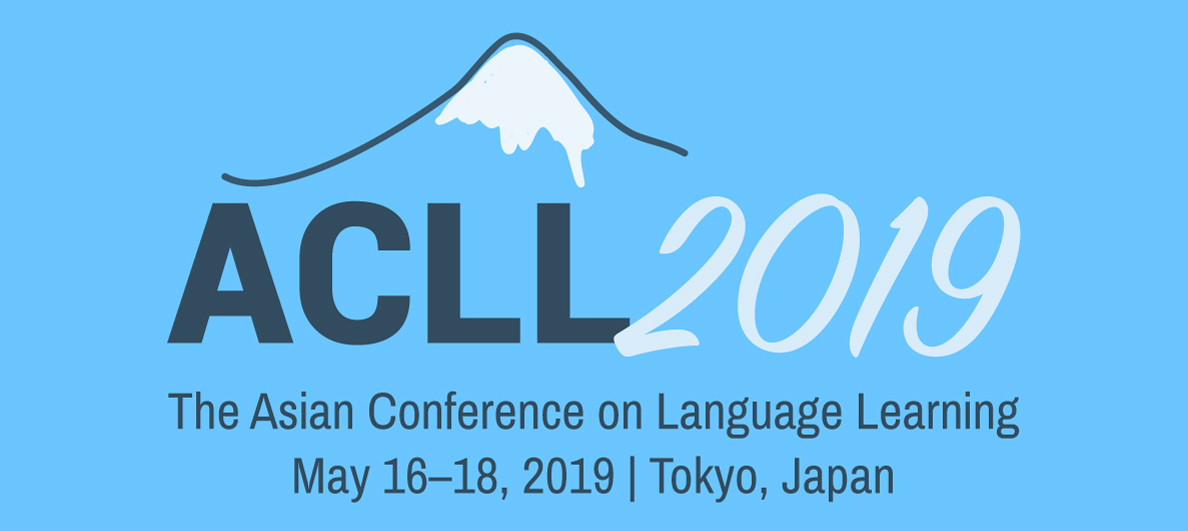Keynote, Featured and Spotlight Speakers will provide a variety of perspectives from different academic and professional backgrounds. This page provides details of presentations and other programming. For more information about presenters, please visit the Speakers page.
-
 Supporting Learners and Learning from Outside the Classroom: An Interdependent Multidisciplinary ApproachFeatured Panel Presentation: Yasmin Dean, Satoko Kato, Jennie Roloff Rothman, Mary Sengati-Zimba, Jo Mynard & Ted O’Neill
Supporting Learners and Learning from Outside the Classroom: An Interdependent Multidisciplinary ApproachFeatured Panel Presentation: Yasmin Dean, Satoko Kato, Jennie Roloff Rothman, Mary Sengati-Zimba, Jo Mynard & Ted O’Neill -
 The Power of Randomness: Lessons from (Mobile) Gaming and Behavioral EconomicsFeatured Presentation: Marco Koeder
The Power of Randomness: Lessons from (Mobile) Gaming and Behavioral EconomicsFeatured Presentation: Marco Koeder -
 Gender, Race and Other Factors: Being a Member of Multiple CommunitiesKeynote Presentation: Keiko Sakui
Gender, Race and Other Factors: Being a Member of Multiple CommunitiesKeynote Presentation: Keiko Sakui -
 Transforming Passive TV Viewing into Language Learning with AIKeynote Presentation: Masaya Mori
Transforming Passive TV Viewing into Language Learning with AIKeynote Presentation: Masaya Mori -
 The Interdependence of Language Teacher and Learner WellbeingKeynote Presentation: Sarah Mercer
The Interdependence of Language Teacher and Learner WellbeingKeynote Presentation: Sarah Mercer -
 CLIL – Consolidating IntegrationKeynote Presentation: Phil Ball
CLIL – Consolidating IntegrationKeynote Presentation: Phil Ball
Previous Programming
View details of programming for past ACLL conferences via the links below.






